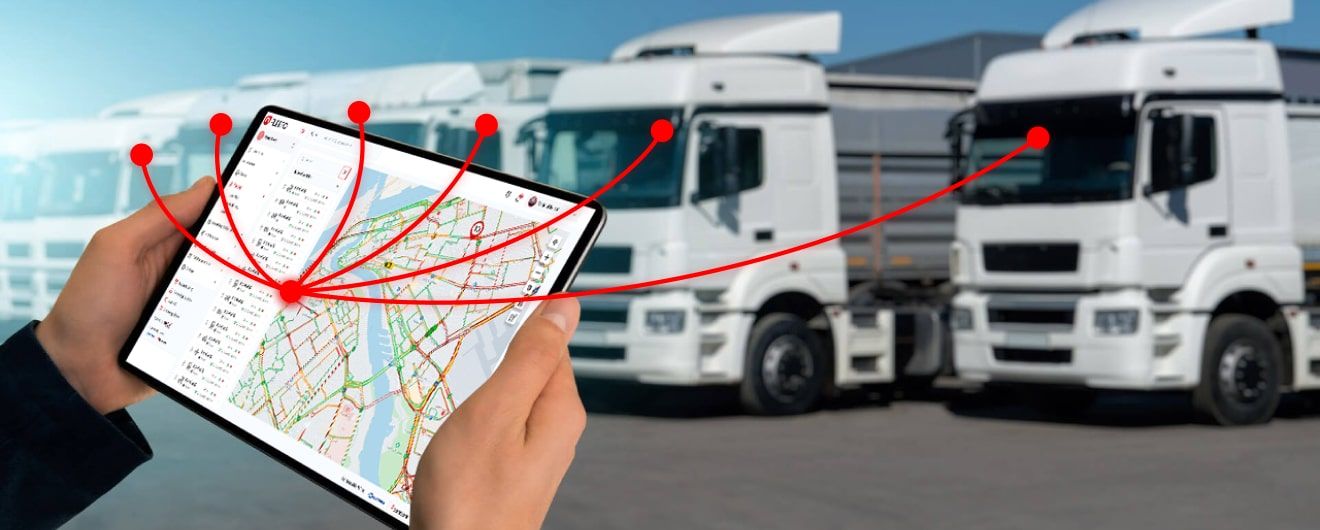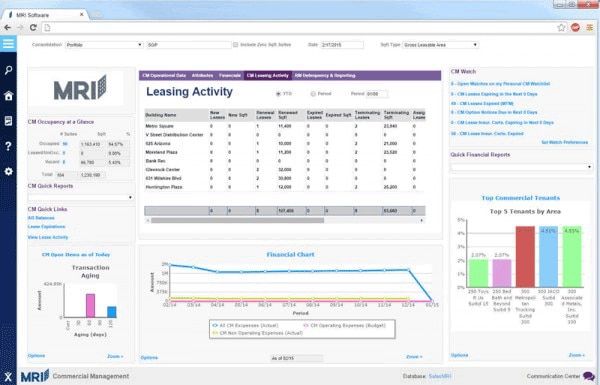Fleet Management & Logistics Technology
In today’s fast-paced world, efficient fleet management and logistics technology are essential for businesses looking to streamline their operations and maximize productivity. With the advancements in technology, companies can now track their fleet in real-time, optimize routes, and increase visibility into their supply chain like never before. In this article, we will explore how fleet management and logistics technology can help businesses stay ahead of the competition and drive success.
Real-time Tracking and Monitoring
One of the key benefits of fleet management technology is the ability to track and monitor vehicles in real-time. With GPS tracking systems and telematics devices, companies can keep a close eye on their fleet’s location, speed, and fuel consumption. This real-time data allows businesses to make informed decisions, such as rerouting vehicles to avoid traffic jams or scheduling maintenance to prevent breakdowns.
Route Optimization
Another important feature of fleet management technology is route optimization. By analyzing traffic patterns, weather conditions, and delivery schedules, companies can create the most efficient routes for their vehicles. This not only saves time and fuel costs but also improves customer satisfaction by ensuring timely deliveries.
Driver Safety and Compliance
Fleet management technology also helps companies ensure driver safety and compliance with regulations. By monitoring drivers’ behavior, such as speeding or harsh braking, businesses can identify and address risky driving habits before they lead to accidents. In addition, compliance features help companies stay up-to-date with industry regulations and avoid costly fines.
Inventory Management
Logistics technology plays a crucial role in inventory management by providing businesses with real-time visibility into their supply chain. With inventory tracking systems, companies can monitor stock levels, track shipments, and identify potential bottlenecks in their supply chain. This visibility allows businesses to make proactive decisions and ensure that products are delivered on time.
Predictive Analytics
One of the most powerful features of fleet management and logistics technology is predictive analytics. By analyzing historical data and trends, companies can forecast demand, optimize inventory levels, and identify potential issues before they arise. This proactive approach helps businesses anticipate challenges and adapt quickly to changing market conditions.
Conclusion
In conclusion, fleet management and logistics technology are essential tools for businesses looking to optimize efficiency, reduce costs, and drive success. By leveraging real-time tracking, route optimization, driver safety features, inventory management, and predictive analytics, companies can stay ahead of the competition and deliver exceptional service to their customers. Embracing technology is no longer an option but a necessity for businesses in the modern era of commerce.


